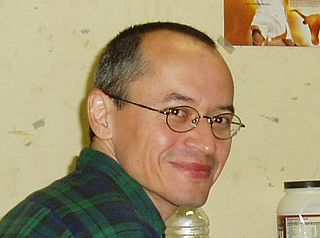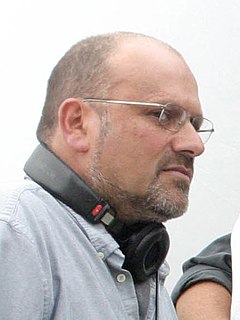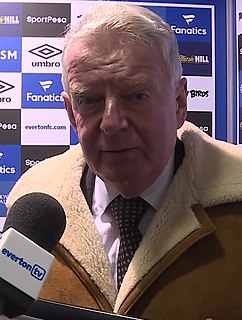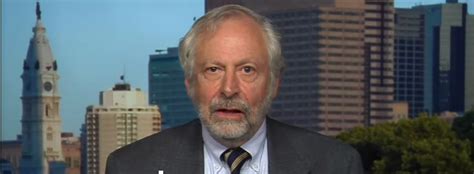A Quote by Joe Sacco
Oh, it's essential. I mean, you have to - if I'm writing about the Middle East, I have to go there, and if possible, stay long enough to get a real feeling for what's going on.
Related Quotes
It was important for me to show that Beirut and Lebanon were once the pearl of the Middle East. Beirut was once called the Paris of the Middle East and to have that feeling of a destroyed place that once was beautiful and glamorous and visually impressive was important. I think it's even sadder to get the feeling that this country, and indeed the whole Middle East, could have been a major force in the world if people would get together and forget about destruction, death and wars. But unfortunately, it's not happening yet.
I think the public is very reluctant to get involved in more foreign wars, especially in the Middle East. And they understand, implicitly, that we go to war in the Middle East because of oil. And if we don't want to go to war in the Middle East, then we have to do something about the oil problem. And I think that view is gaining ground in the U.S.
So much of what we see and hear about the Middle East focuses on what we call politics, which is essentially ideology. But when it comes to the Middle East, and especially the Arab world, simply depicting people as human beings is the most political thing you can do. And that's why I chose to write about food: food is inherently political, but it's also an essential part of people's real lives. It's where the public and private spheres connect.
I think President Barack Obama came to office with quite fundamental understandings in his mind about what's possible and what's not possible in the Middle East. The first, I would say, revolutionary breakthrough that he introduced is that the Middle East doesn't matter to American geostrategy as much as we think.
I believe that the Iraqis have an opportunity now, without Saddam Hussein there, to build the first multiconfessional Arab democracy in the Middle East. And that will make for a different kind of Middle East. And these things take time. History has a long arc, not a short one. And there are going to be ups and downs, and it is going to take patience by the United States and by Iraq's neighbors to help the Iraqis to do that. But if they succeed, it'll transform the Middle East, and that's worth doing.
I've been fortunate enough to witness some of the biggest moments in football history mere yards away from the action, but I wanted to go out on a high rather than stay too long. I didn't want to get to the stage where people say, 'Oh blimey, Motty's lost it. He's getting the players wrong, and his voice is going.'
Most Israelis have a sense, 'We just don't want to live in the Middle East anymore. We don't want it to be the Middle East. Were going to just build a wall or operate unilaterally' - not try to even use force as used to be the case to convince Arabs to accept Israel by convincing them that Israel is here to stay and then negotiating.
Israel's democracy is the bedrock on which our relationship stands. It's a shining example for people around the world who are on the frontline of the struggle for democracy in their own lands. Our relationship is also based on our common interest in a more stable and peaceful Middle East, a Middle East that will finally accord Israel the recognition and acceptance that its people have yearned for so long and have been too long denied, a Middle East that will know greater democracy for all its peoples.
If we're talking about Sinai, we can't understand it without the 1967 and 1973 wars, and you can't understand it without the biblical story of Moses leading his people through the wilderness. These are essential elements in the modern conversation about what's going on in the Middle East that seem to have been lost.

































